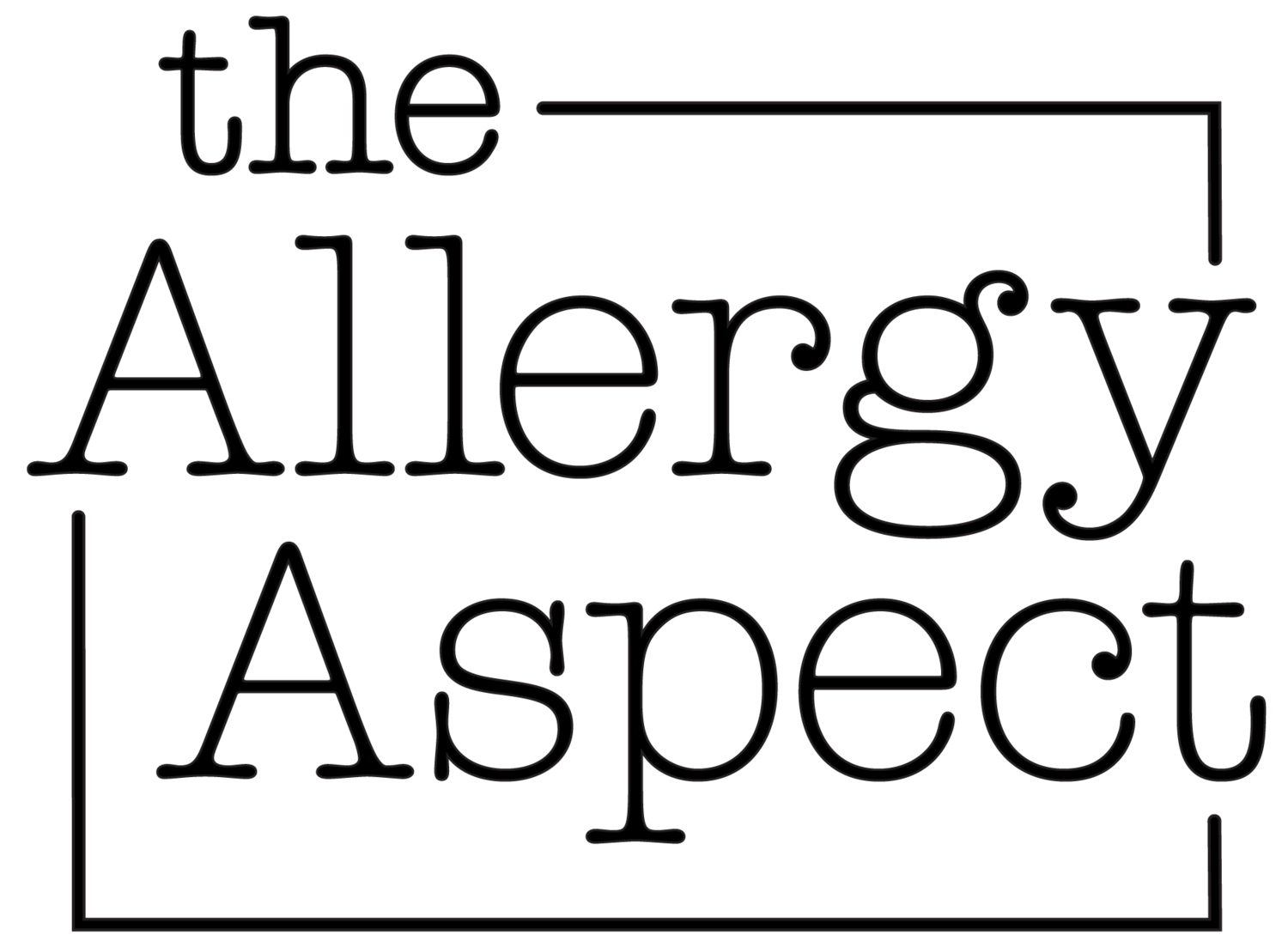The Gut Microbiome and Food Allergies
The complex community of microorganisms that reside in our digestive system – the gut microbiome -- plays a crucial role in the development of allergic disease. Evolving research has provided valuable insights into the connection between the gut microbiome and food allergies. This intricate relationship continues to spark additional research. In the meantime, researchers strive to share groundbreaking discoveries that are now documented and supported through several studies.
I recently attended the 2023 Food Allergy Summit presented by FARE (Food Allergy Research and Education) and had the pleasure of listening to Dr. Qian Yuan, a pediatrician and pediatric gastroenterologist from Harvard Medical School and Massachusetts General Hospital. He spoke about the latest research on the microbiome and the collaboration among experts in the field.
The balance of the gut microbiome from newborn to adulthood [Current opinion in Microbiology 2020]
The microbiome is believed to be the key to actually solving food allergies. Yes, solving food allergies [note: for some, but not all – some are going to be allergic regardless].
Dr. Yuan presented a thorough overview of the gut microbiome and the numerous bacteria that exist in the digestive tract. He explained in great detail how certain bacteria present differently in those with allergic disease, such as those with food allergy, asthma or allergic rhinitis.
When I think about the gut from my general knowledge as a layperson, I’m aware of the delicate balance of good and bad bacteria, and that all bacteria play an important role in our digestive health. However, what I didn’t know is that this delicate balance of bacteria doesn’t remain constant, but is ever evolving (see chart) and most rapidly changes at some key moments in very early childhood to affect an allergic response.
The two key lessons I learned from Dr. Yuan’s talk include:
1. There is an extremely important ‘window of opportunity’ that research has shown exists (to attempt) to prevent food allergies in early childhood – this window begins just before birth and continues until about the age of two. At this young age the gut microbiome of a child is highly elastic. It can harness the benefits of the particular bacteria that can help to provide protection to prevent developing food allergies and an allergic response.
Message: Discuss with your pediatrician, allergist, and physicians how best to ensure your infant or toddler gets the right balance of bacteria whether that’s through breastfeeding (abundant in the right intestinal microbiota at the right time), supplementing with probiotics (research is ongoing) or other methods.
Gut microbiome window of opportunity [Int. J. Environ. Res. Public Health 2023]
2. There are several factors that can affect a baby’s development of the gut microbiome, simply because of exposure to certain bacteria, which spans from just before birth and into early childhood, including:
a. The presence of pets
b. Cesarean section versus vaginal birth
c. The presence of siblings
d. Perinatal antibiotic use
e. Bottle feeding either as a sole method or to supplement breastmilk
Message: Discuss with your pediatrician, allergist, and physicians how these factors may contribute to expose baby to a wide range of bacteria, keeping in mind there are certain limitations for all. It’s good to be aware, but finding the balance is a personal decision and at times certain aspects are out of our control.
With understanding more about the delicate balance in the gut microbiome, I started to think more deeply about the findings Dr. Yuan presented. More and more questions popped into my head, including:
· Can we simply give our food allergic children probiotics and try to introduce the missing bacteria to the gut, therefore affecting the allergic response? Well, unfortunately it’s not that simple, the type of bacteria that is instrumental regarding allergy prevention naturally occurs in the gut at a very young age and is not easily replicated or widely researched yet. So, while your physicians may suggest giving your child probiotics for various reasons, the window of opportunity for effecting the allergic response they believe has closed by the age of two.
· What about the dynamics of those who develop food allergies in puberty, or later in life as an adult? Are these also linked to that key early window of opportunity to affect the gut microbiome?
There were so many questions that Dr. Yuan answered, but he couldn’t get to every question, we ran out of time. He urged all in attendance to take what he shared in his presentation to our physicians to discuss. It’s putting research to work to affect change into the future.
It’s also important to realize that some kids are going to be allergic regardless – and if you’re like me, this is hard to accept. It’s unfortunate that some who are allergic are going to be allergic no matter what we do. However, it’s the idea that something can be done to try to effect change that is worth understanding.
Dr. Yuan assured that he and researchers continue to make progress towards further understanding the microbiome. He is thankful for organizations like FARE who strive to spread awareness about food allergies and treatments, and share groundbreaking research. Dr. Yuan is hopeful to affect change for those currently living with the challenges of food allergy, and also for those who may never have to know of the challenges of this burden.
If you’d like a copy of the slides I recorded, please send me a note here.
A few articles of interest you may want to discuss with your physicians:
https://www.ncbi.nlm.nih.gov/pmc/articles/PMC9860808/
https://www.ncbi.nlm.nih.gov/pmc/articles/PMC6905201/
https://www.ncbi.nlm.nih.gov/pmc/articles/PMC9919562/
https://www.scientificamerican.com/article/gut-microbes-may-be-key-to-solving-food-allergies/


